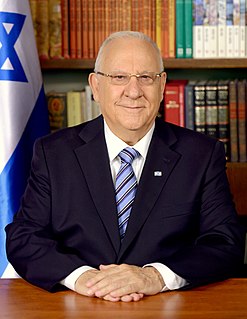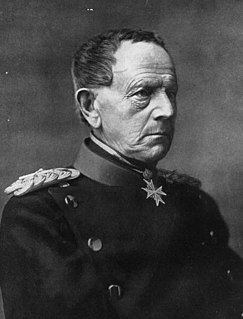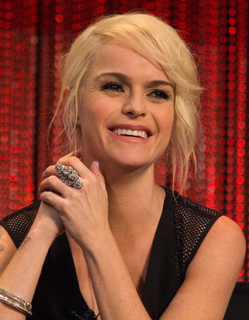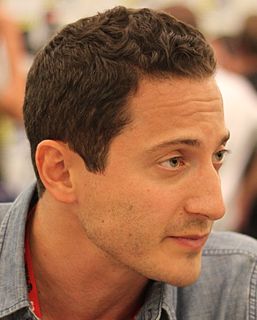A Quote by Jill Stein
Growing up after the Second World War in a Jewish family, I really understand that, and have members of my family who are very committed to this concept. My grandfather's first name was Israel and he thought it was his country. In my own sense of this issue as an American Jew, I have been on both sides of this. At this point I think it is very important for there to be separation of religion and state. It's not good for Jews. It's not good for Muslims. It's not good for Christians. The marriage of state and religion is inherently problematic.
Quote Topics
After
American
Been
Both
Both Sides
Christians
Committed
Concept
Country
Family
First
First Name
Good
Grandfather
Growing
Growing Up
His
Important
Inherently
Israel
Issue
Jew
Jewish
Jewish Family
Jews
Marriage
Members
Muslims
My Family
My Grandfather
My Own
Name
Own
Point
Problematic
Really
Religion
Second
Second World War
Sense
Separation
Sides
State
Think
Thought
Understand
Up
Very
War
World
World War
World War I
Related Quotes
I definitely have a strong sense of my Jewish and Israeli identity. I did my two year military service, I was brought up in a very Jewish, Israeli family environment, so of course my heritage is very important to me. I want people to have a good impression of Israel. I don't feel like I'm an ambassador for my country, but I do talk about Israel a lot - I enjoy telling people about where I come from and my religion.
I strongly believe that a small Jewish clique which has contempt for the mass of Jewish people worked with non-Jews to create the First World War, the Russian Revolution, and the Second World War. This Jewish/non-Jewish Elite used the First World War to secure the Balfour Declaration and the principle of the Jewish State of Israel.
The separation of church and state is necessary partly because if religion is good then the state shouldn't interfere with the religious vision or with the religious prophet. There must be a realm of truth beyond political competence, that's why there must be a separation of churches, but if religion is bad and a bad religion is one that gives an ultimate sanctity to some particular cause. Then religion mustn't interfere with the state - so one of the basic Democratic principles as we know it in America is the separation of church and state.
What is dangerous about the far right is not that it takes religion seriously - most of us do - but rather that it condemns all other spiritual choices - the Buddhist, the Jew, the Muslim, and many others who consider themselves to be good Christians. The wall of separation between church and state is needed precisely because religion, like art, is too important a part of the human experience to be choked by the hands of censors.
The First Amendment...does not say that in every respect there shall be a separation of Church and State....Otherwise the state and religion would be aliens to each other - hostile, suspicious, and even unfriendly....The state may not establish a 'religion of secularism' in the sense of affirmatively opposing or showing hostility to religion, thus preferring those who believe in no religion over those who do believe.
I have always felt that many Christians, deeply sincere Christians, support the idea of separation of State and Church and the secularist in that sense as well. They believe that religion should be very much a private affair and should not be given special treatment. The State should not fund churches for example.
The Jews form a state, and, obeying their own laws, they evade those of their host country. the Jews always considered an oath regarding a Christian not binding. During the Campaign of 1812 the Jews were spies, they were paid by both sides, they betrayed both sides. It is seldom that the police investigate a robbery in which a Jew is not found either to be an accomplice or a receiver.
If a state political organization is founded in part upon a state religion with a dogma based on one or a few 'official' prophets, then shamanism, where every shaman is her or his own prophet, is dangerous to the state. [...] Shamanism, as I said, is not a religion. The spiritual experience usually becomes a religion after politics has entered into it.
I'm not a political person. I don't understand politics, I don't understand the concept of two sides and I think that probably there's good on both sides, bad on both sides, and there's a middle ground, but it never seems to come to the middle ground and it's very frustrating watching it and seemingly we're not moving forward.
Liberalism is really piecemeal socialism, and socialism always attacks three basic social institutions: religion, the family, and private property. Religion, because it offers a rival authority to the state; the family, because it means a rival loyalty to the state; and property, because it means material independence of the state.

































